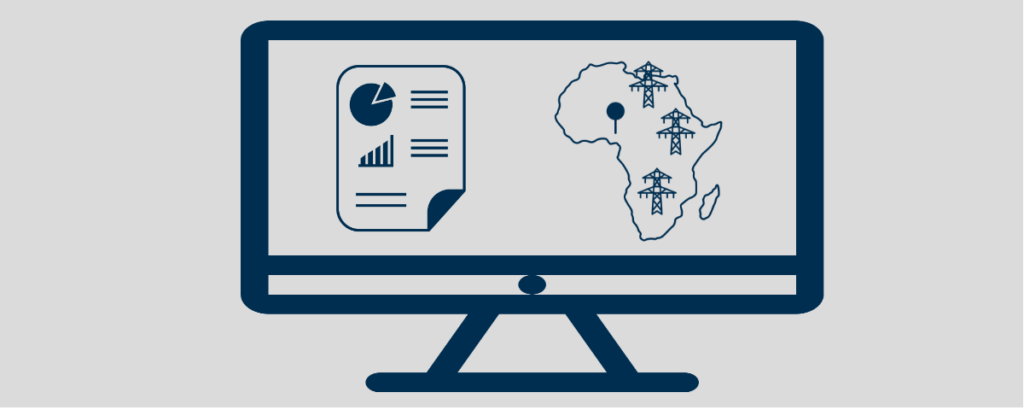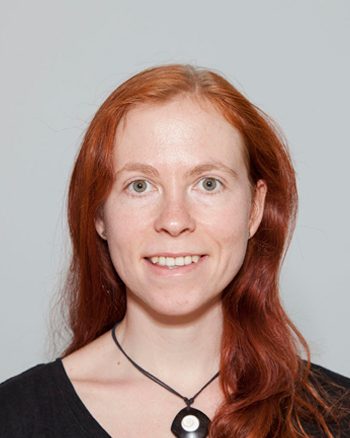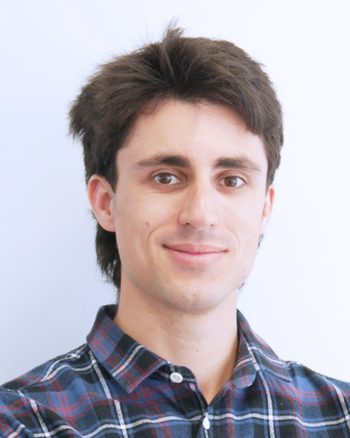AI4EA – Artificial Intelligence for Energy Access

Project description
The AI4EA project, lead by the Reiner Lemoine Institute (Germany), focuses on pioneering solutions to enhance electricity access in West Africa. Partnering with institutions like Atlas AI PBC (USA), Université Abdou Moumouni (Niger), and the Clean Technology Hub (Nigeria), this initiative leverages artificial intelligence to develop high-resolution electricity demand profiles for non-urban regions of Niger, Nigeria, Benin, Togo, and Ghana.
Bridging Data Gaps in Rural Electrification
Electricity is foundational to community resilience and economic development, particularly in rural areas of West Africa where data on electricity demand is scarce. The AI4EA project aims to fill this gap by providing detailed, actionable data to local electrification authorities and policymakers, facilitating more informed decisions regarding infrastructure development and energy policies.
Creating Reliable Demand Models
The project utilizes comprehensive datasets gathered across multiple geopolitical zones in Nigeria through PeopleSuN project at RLI, alongside advanced remote sensing data from Atlas AI and additional regional datasets provided by WASCAL. This data informs the development of robust AI models that are carefully trained, validated, and tested to ensure their accuracy and reliability.
From Data to Impact
Through detailed analysis and modeling, the AI4EA project creates standardized demand profiles for the target countries. These profiles help predict future energy needs and adapt energy systems to the changing dynamics of climate and population growth.
Collaboration for Sustainable Development
Supported by the Lacuna Fund, this project is an exemplar of international collaboration, putting together local and global scientific expertise. The insights and methodologies developed are shared openly, benefiting a broad range of stakeholders from local developers to international researchers.
Project period: October 2023 – April 2025
Tasks
- Leading partner in the project
- Coordinating the collection of relevant datasets
- Supporting the development of machine learning model that predicts electricity-related socio-economic aspects beyond surveyed areas.
- Stochastic modeling of demand profiles
- Arranging the publication details of outputs
- Designing the workshops to involve local stakeholders







